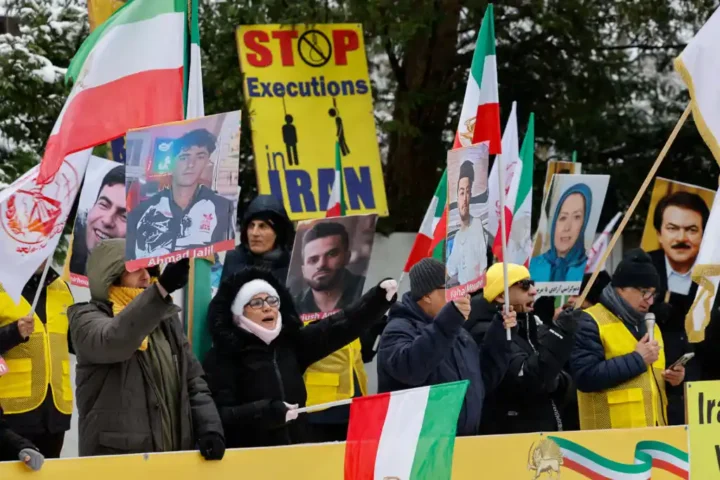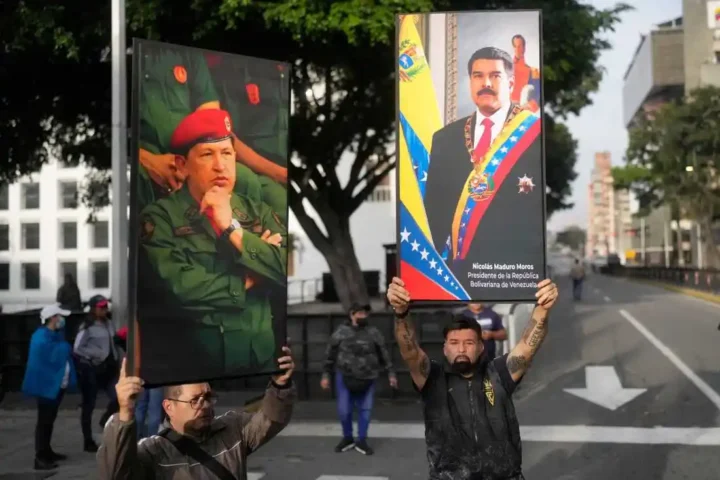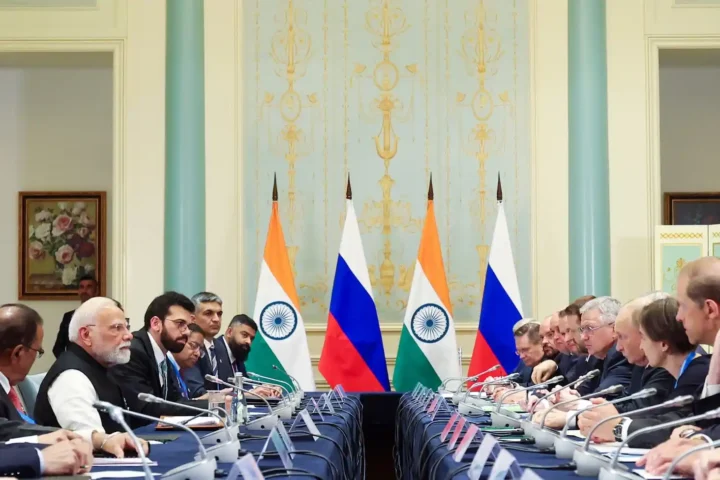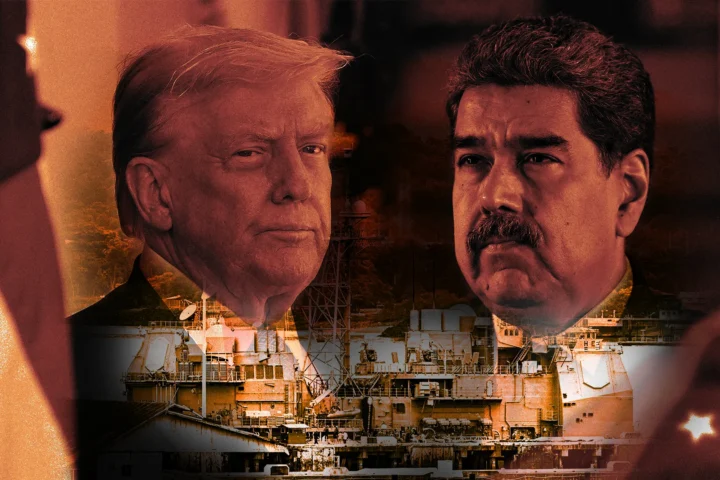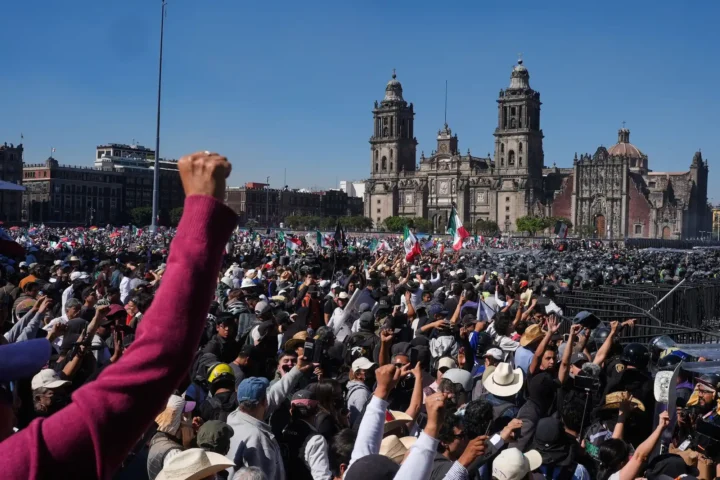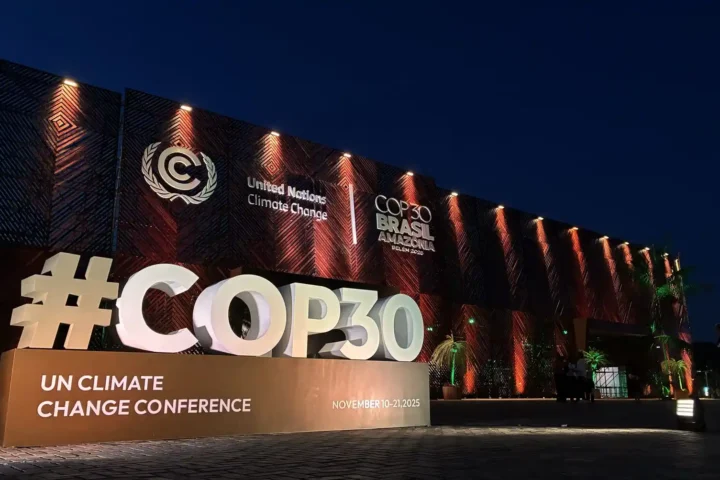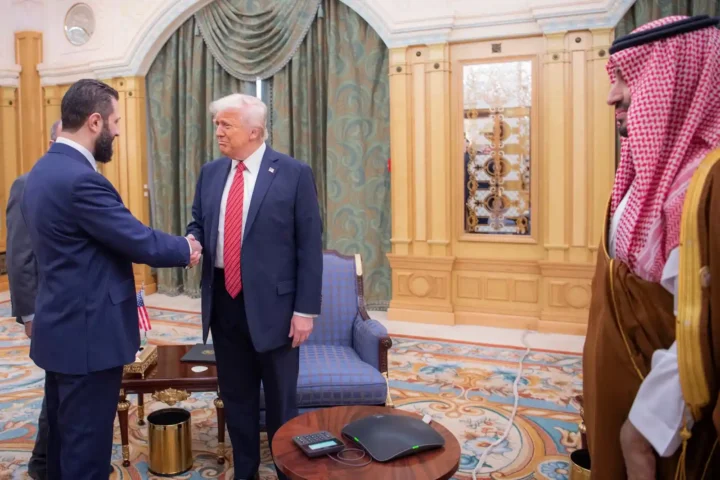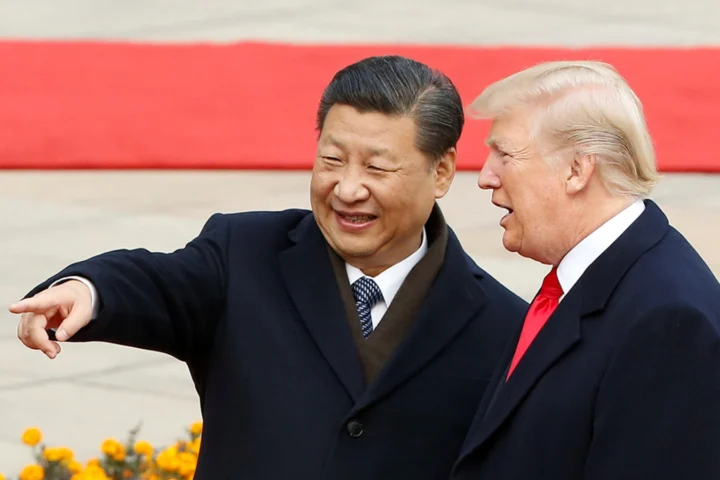The Taiwan Strait, a narrow ribbon of water separating the island of Taiwan from mainland China, may be the most dangerous flash point in international geopolitics today. What lies beneath the rising tension isn’t just a regional dispute—it’s a complex web of history, power, identity, and competing visions for the future. And it’s a conflict that has the potential to draw in the world’s two most powerful nations.
At the heart of the issue is a fundamental disagreement over Taiwan’s status. The People’s Republic of China (PRC) insists Taiwan is a breakaway province that must one day be “reunified” with the mainland—by force if necessary. Yet Taiwan, officially the Republic of China (ROC), operates as a sovereign state in everything but name, with its own democratic government, military, currency, and vibrant civil society.
This tension isn’t new, but it has escalated dramatically since 2016, when the Democratic Progressive Party (DPP) came to power in Taipei. The DPP does not endorse Beijing’s “One China” principle—a political framework that asserts there is only one China and Taiwan is an inseparable part of it. This ideological divide has only deepened as Taiwan’s identity has evolved. Most Taiwanese people today see themselves as distinct from China and overwhelmingly reject Beijing’s “one country, two systems” model, especially after witnessing the erosion of freedoms in Hong Kong.
China has responded with increasing hostility. Military aircraft routinely cross the median line in the Taiwan Strait. Cyberattacks target Taiwan’s infrastructure. Beijing exerts economic pressure and mounts relentless diplomatic efforts to isolate Taiwan globally. These “gray zone” tactics are designed to wear down Taiwan’s defenses without sparking open war—yet the threat of conflict remains ominously close.
Meanwhile, the United States walks a strategic tightrope. Under the Taiwan Relations Act, Washington provides arms to Taiwan to help it defend itself. Yet the U.S. also adheres to a “One China policy”—not to be confused with Beijing’s version—which acknowledges China’s claim over Taiwan without endorsing it. This policy of “strategic ambiguity” means the U.S. has not declared whether it would come to Taiwan’s defense in the event of an attack, but successive administrations have made clear that they won’t stand by idly if China uses force.
Under both Trump and Biden, the U.S. has strengthened its unofficial ties with Taiwan, increasing arms sales, dispatching senior officials, and passing bipartisan legislation aimed at supporting the island’s democracy. These moves have enraged Beijing, which views any support for Taiwan as an affront to Chinese sovereignty. And with China’s military capabilities growing—and its leadership more assertive—there’s growing concern that a miscalculation could tip this tense standoff into open conflict.
But beyond the geopolitical chessboard, there’s an economic dimension that should command the world’s attention. Taiwan is the linchpin of the global semiconductor supply chain, producing the most advanced chips that power everything from smartphones to fighter jets. Disruption in Taiwan would send shockwaves through the global economy.
Despite this, Taiwan walks a tightrope of its own. Its economy remains deeply intertwined with China’s, even as it seeks to diversify trade and investment ties with other partners. It remains committed to peace and the status quo, but it also refuses to submit to intimidation.
So why are China-Taiwan relations so tense? Because the future of Taiwan is not just about a disputed island—it’s about democracy versus authoritarianism, identity versus coercion, and peace versus the specter of war. What happens in the Taiwan Strait will shape the balance of power in the 21st century.
The world should care. And the world must pay attention.


